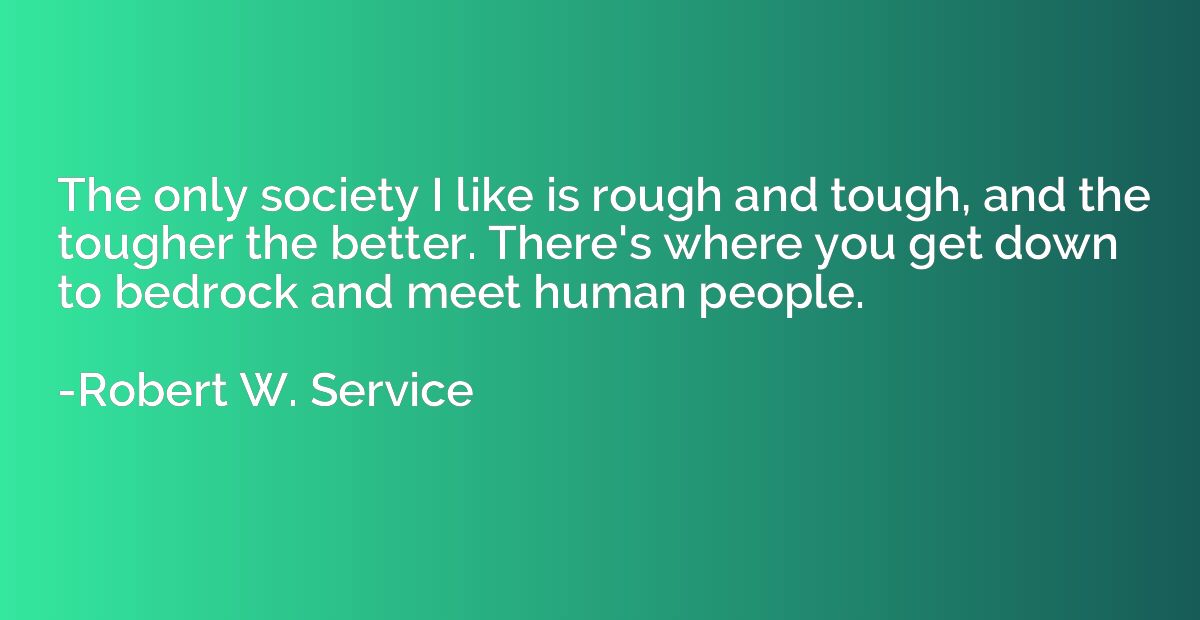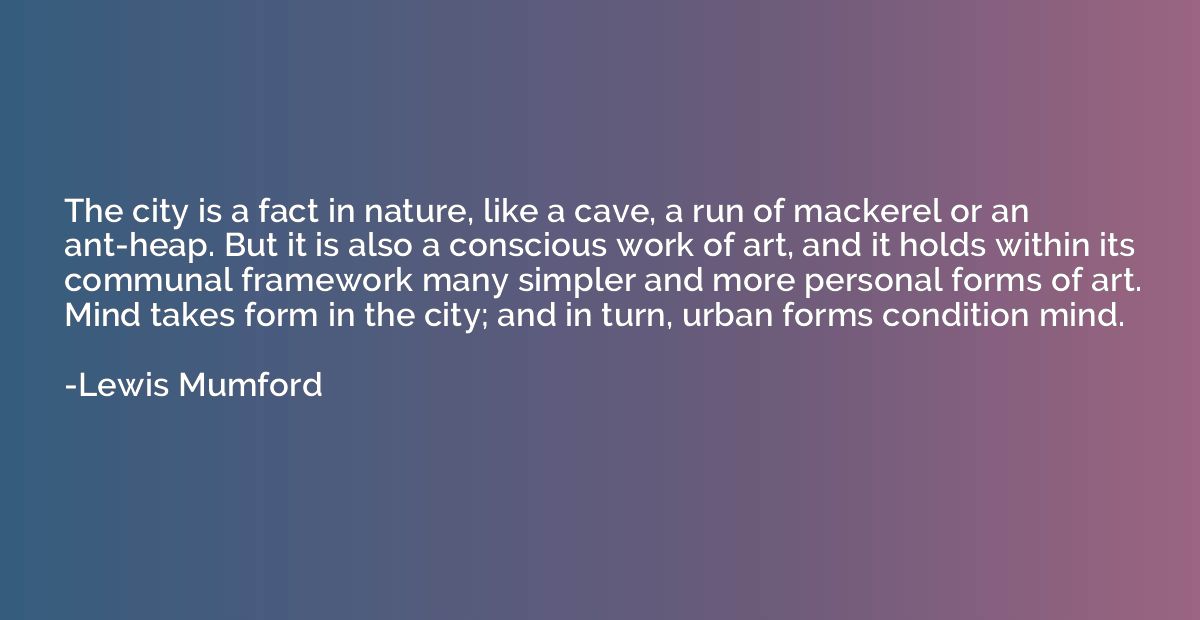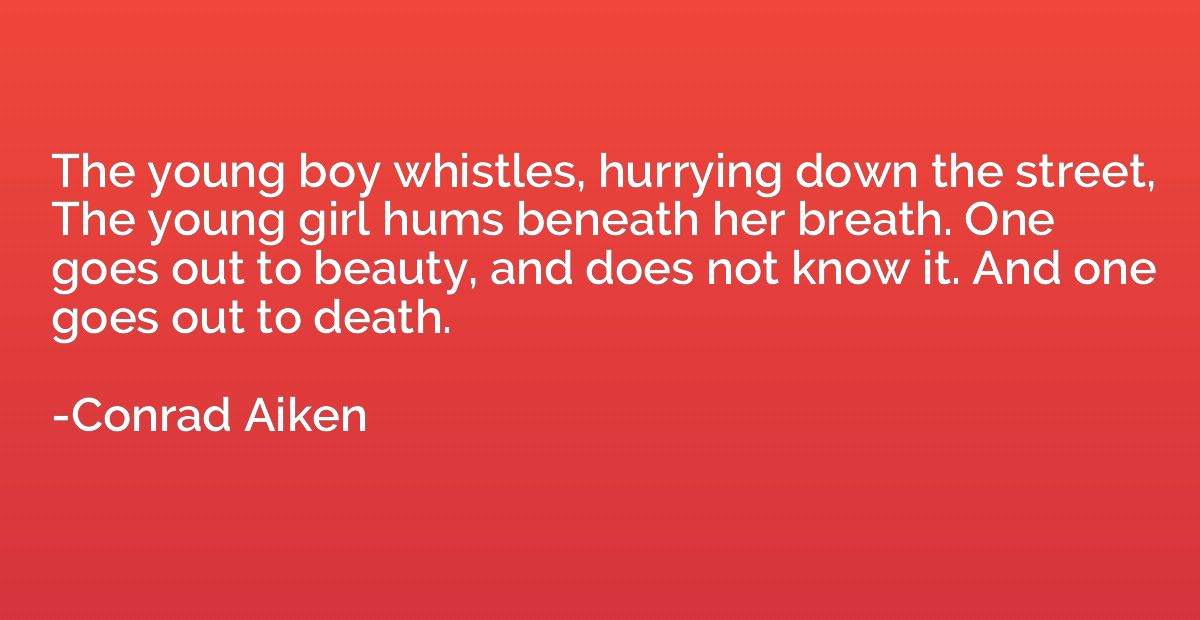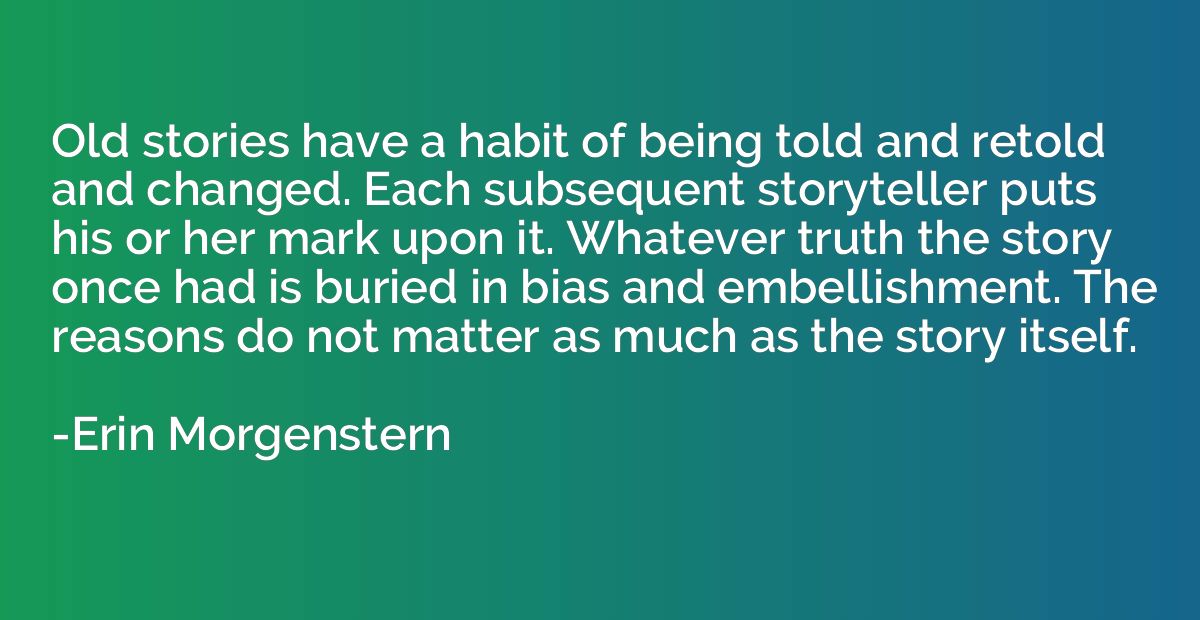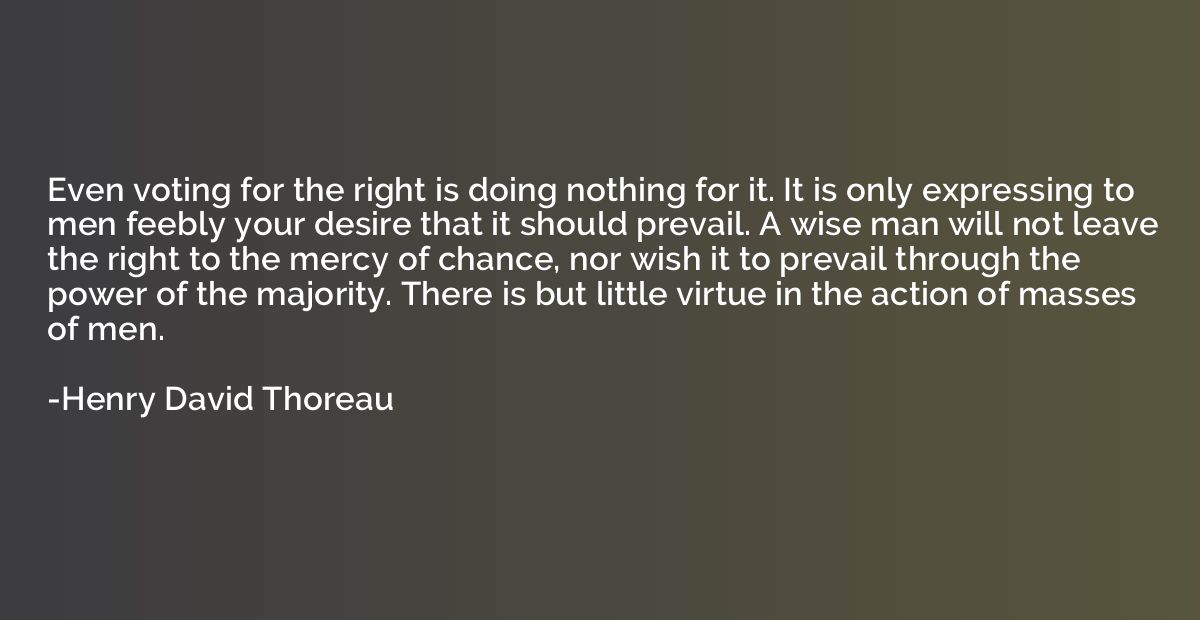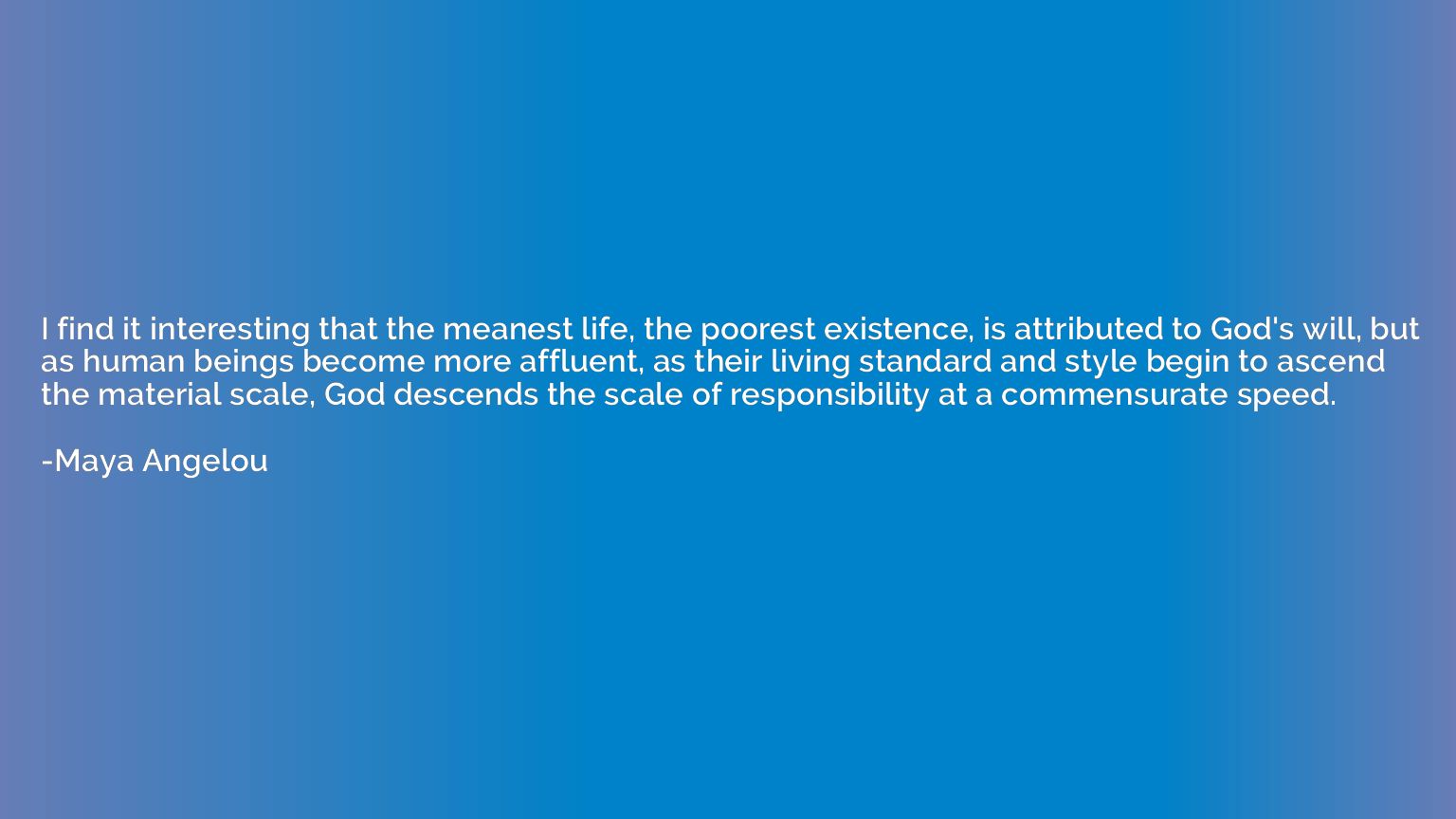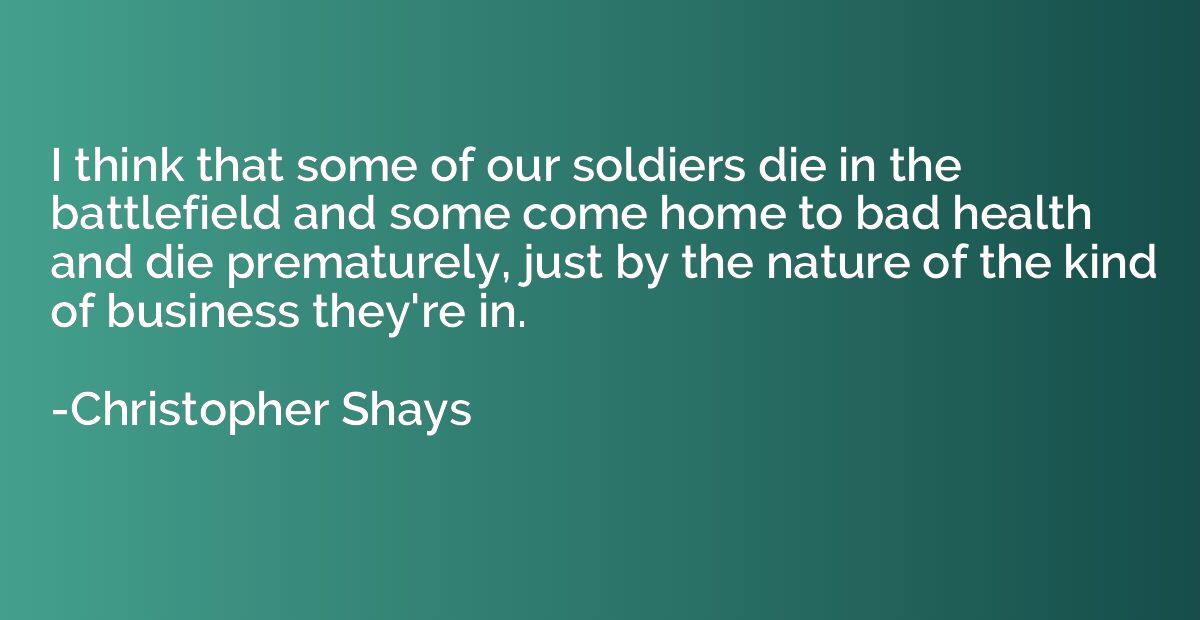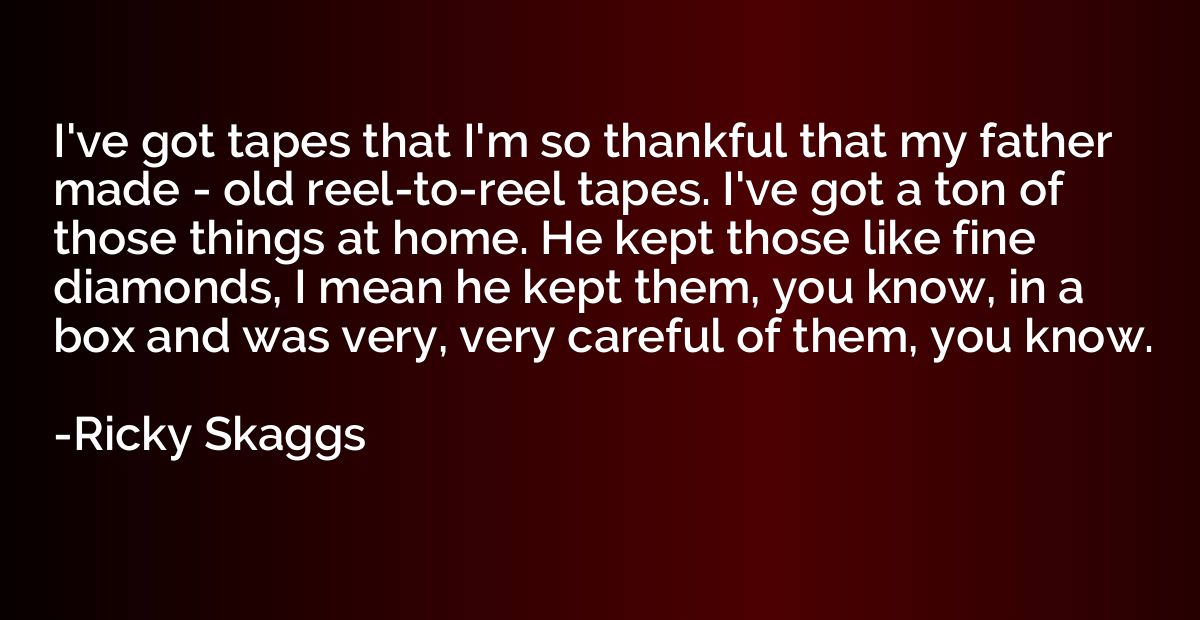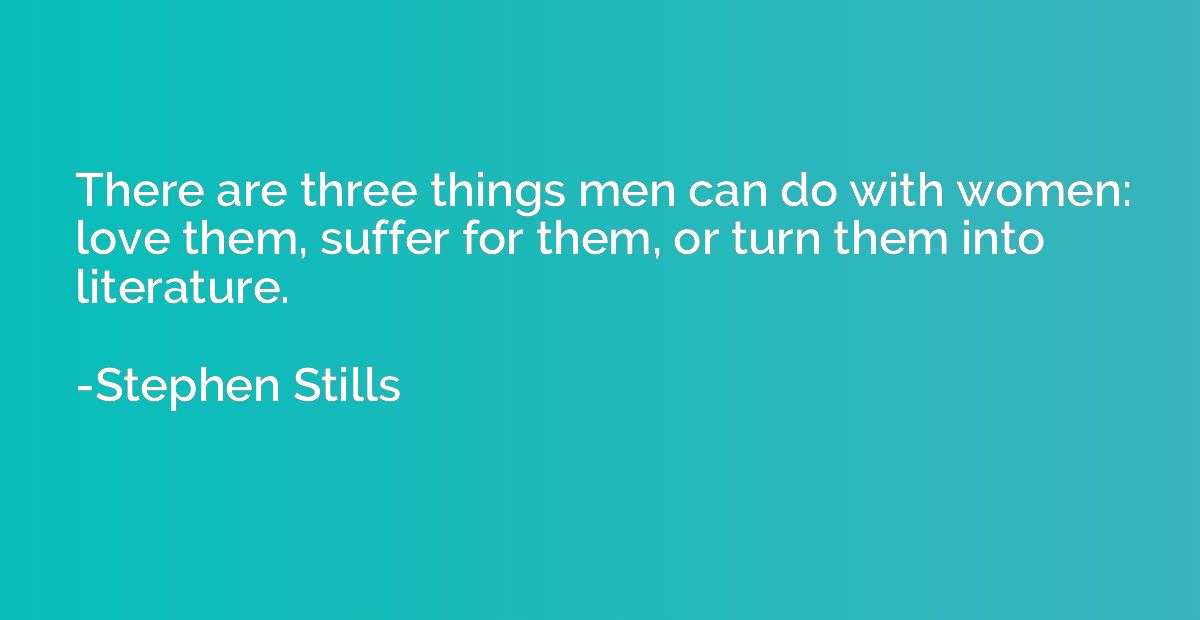Quote by Umberto Eco, The Name of the Ros
I have never doubted the truth of signs, Adso; they are the only things man has with which to orient himself in the world. What I did not understand is the relation among signs . . . I behaved stubbornly, pursuing a semblance of order, when I should have known well that there is no order in the universe.But in imagining an erroneous order you still found something. . . .What you say is very fine, Adso, and I thank you. The order that our mind imagines is like a net, or like a ladder, built to attain something. But afterward you must throw the ladder away, because you discover that, even if it was useful, it was meaningless . . . The only truths that are useful are instruments to be thrown away.
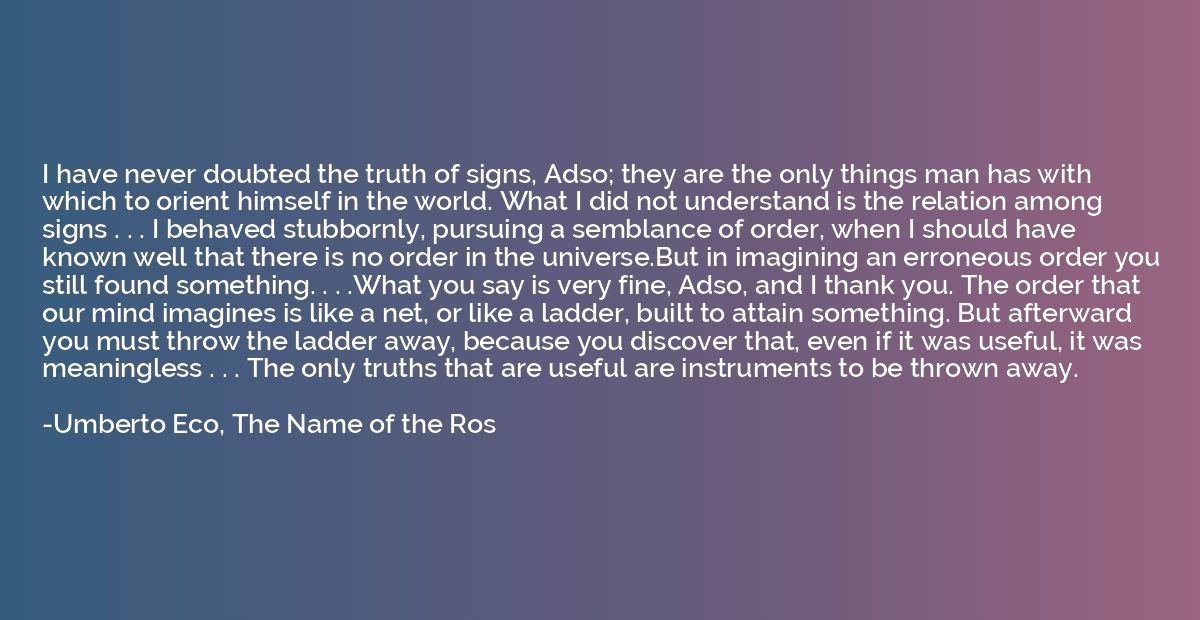
Summary
This quote, from the novel "The Name of the Rose" by Umberto Eco, emphasizes the importance of signs and their role in navigating the world. The speaker acknowledges the truth and significance of signs in helping people find their way. However, they also recognize that while signs provide order and meaning, the universe itself lacks inherent order. The speaker argues that although imagining an order may lead to false conclusions, it can still reveal something valuable. Ultimately, true knowledge lies in understanding that the mental constructions we create are mere tools that need to be discarded once they have served their purpose.



